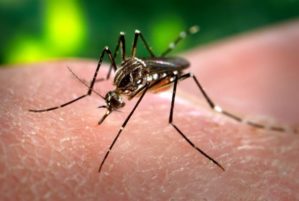
The Zika Virus and What you should know.
Spring has finally arrived in Tennessee and Summer is right around the corner. What better time than to hit the beach on your summer vacation. But you’re in the midst of fertility treatments and hoping to get pregnant within the next year.
You remember the summer of 2016, when talk of the Zika virus seemed inescapable. It seemed like every time you turned on the television, there were stories about the Zika virus and the impact it has on pregnant women and babies.
Do you still need to be worried about Zika virus?
The short answer is yes, if you are pregnant or hoping to become pregnant, you do need to be aware of risks and take precautions to prevent contracting the Zika virus and/or take precautions to prevent pregnancy. Although the hype has died down and cases have dropped, the threat is still very much real.
What is Zika?
Zika is a virus that causes a mild illness in most people, but can be passed from a mother to her fetus with devastating consequences, including microcephaly and other serious brain abnormalities. There’s currently no vaccine for the virus.
The virus is transmitted by Aedes species mosquito (Ae. aegypti and Ae. albopictus). The virus can also be transmitted sexually, and the virus may remain in men’s bodies longer than women’s. Even asymptomatic people can pass the virus.
The Centers for Disease control cautions women who are pregnant to avoid traveling to areas with risk of Zika, which includes most of central and parts of South America, the Caribbean, and parts of Africa and parts of Texas and Florida. Check here for a map from the CDC.
The CDC also cautions couples who are hoping to become pregnant to avoid becoming pregnant for at least six months after traveling to an area with risk of Zika.
When traveling in areas at risk for Zika, all travelers should be cautious and take steps to avoid mosquito bites, including using and effective insect repellant, wearing protective clothing, and remaining indoors.
Should you stay or should you go?
Discuss any travel plans with your doctor so you can fully understand the risks involved. You can also find a wealth of information about Zika on the CDC website.

